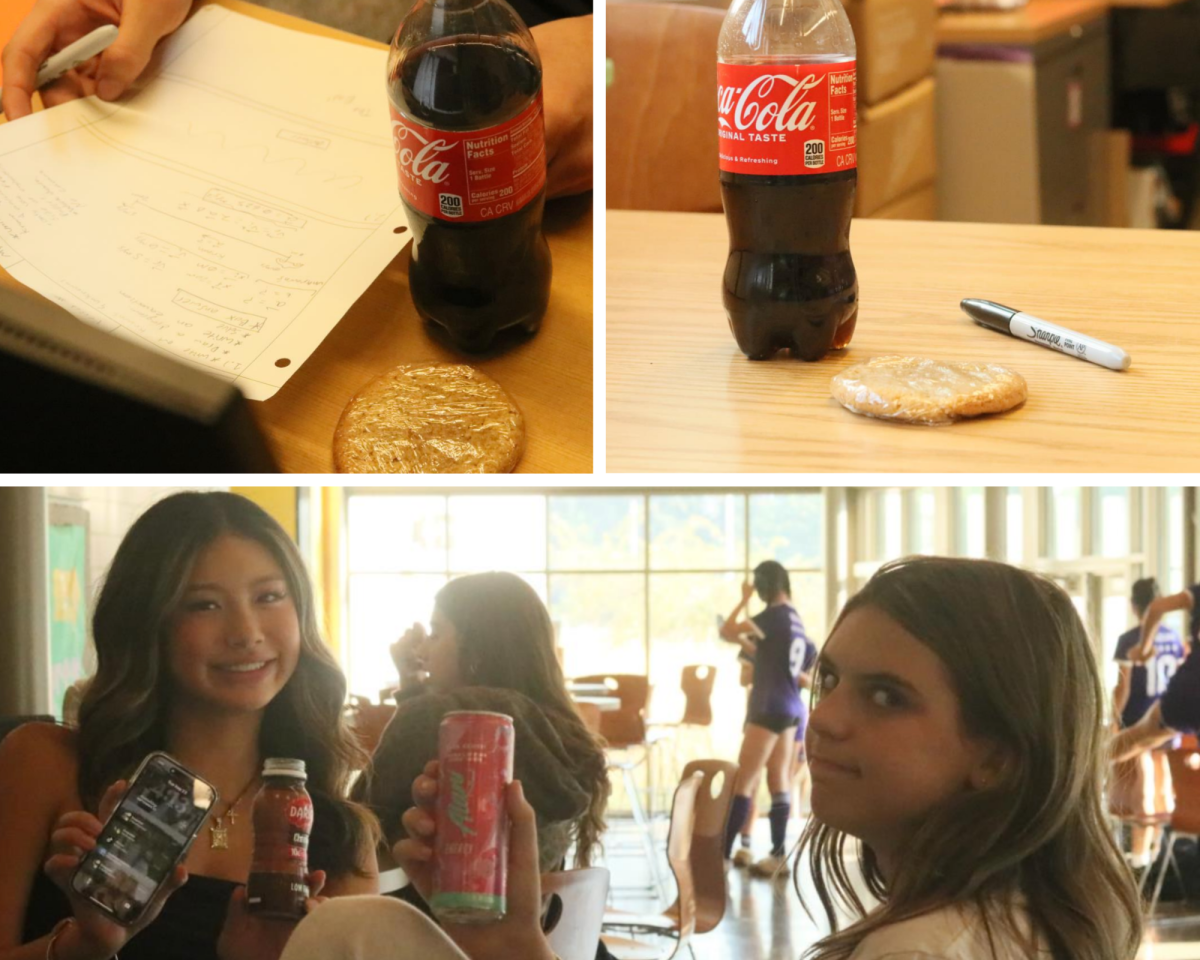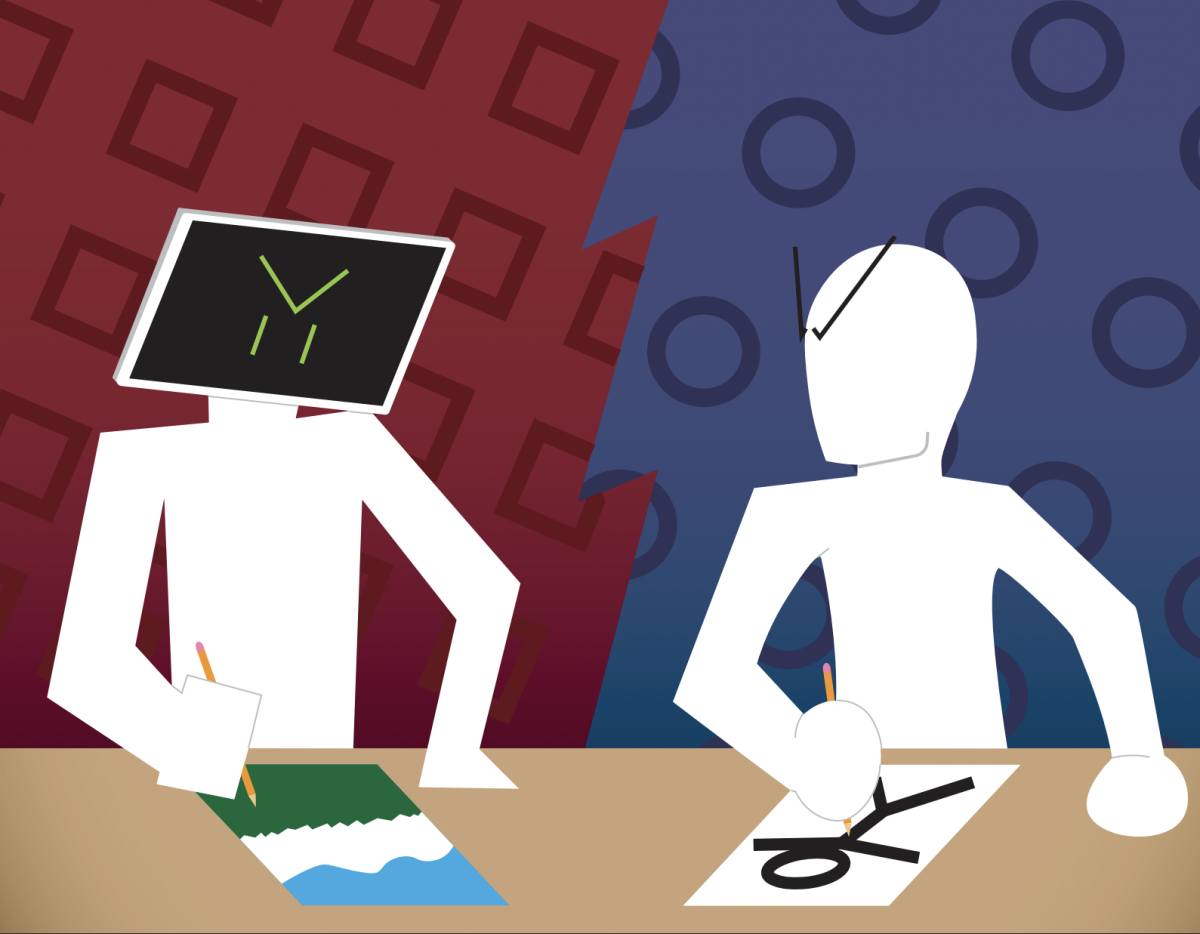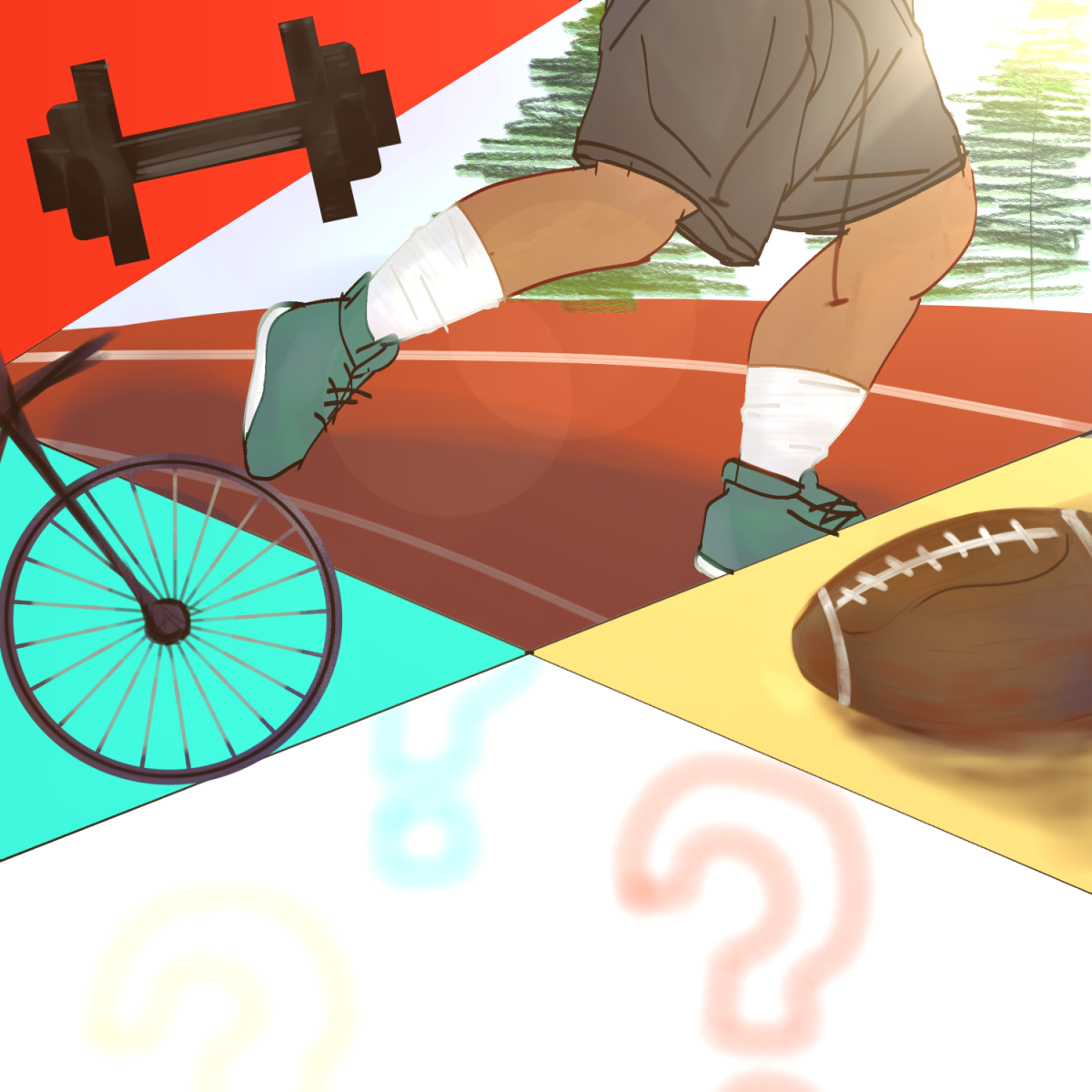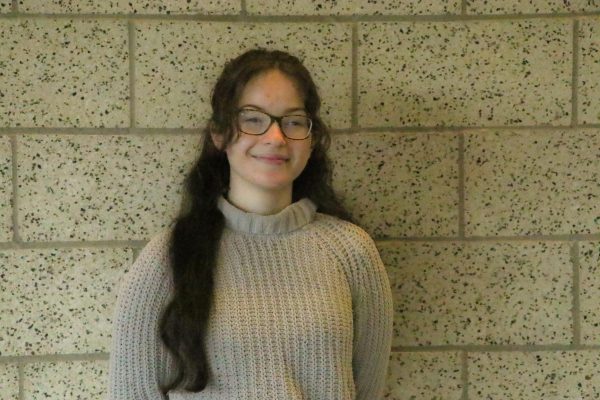High school is a stressful time with all of the pressure that comes from figuring out life
after high school, dealing with relationship drama, and mental health crises. However, there are
people at school who are trained in helping students navigate the pains of growing up: school
counselors. Issaquah High School’s counselors are here to help and support students through any
struggles that are mental, physical, social, and academic. This article will hopefully clear up most
misconceptions around counselors.
To understand IHS’s counselors better, it is important to first learn exactly what
counselors do. According to Wake Forest University, counselors are here to make a difference in
schools emotionally, socially, and academically. Counselors provide academic support and
improve school environments by trying to combat bullying and urging “fellow educational staff
to maintain positive relationships with their students built on trust and care, developing programs
and policies that foster educational development, recognizing students’ efforts and
accomplishments, and encouraging them to continue aspiring to greatness.” In addition,
counselors also try to help students develop socially, improving family relationships, and
preparing students for life after high school. The IHS counseling site says, “Our ultimate goal is
to help students obtain the knowledge, skills and attitudes that lead to academic, career, and
personal success.” Counselors also promote cultural diversity and inclusion by offering equal
educational opportunities and collaborating with other interested groups, such as the college and
career center, to establish a diverse environment. IHS counselor Emily Combellick adds on by
explaining that “a big chunk of [what we do] is making sure everyone is on track for graduation.
So, checking credits on a regular basis, working with students if they need to make up any
credits, working with them on course selections to make sure they have what they need for plans
after high school. […] Then of course, you know, if students have some kind of crisis or need
some kind of emotional support, then that kind of trumps everything else that day.” Counselors
are here to not just help with one aspect of high school but with every single feature that requires
aid in navigating high school like college planning, course requests, and mental support.
Many different challenges await counselors every day. According to the University of
Alabama Online, counselors have to be aware of the growing pressure that students face which
also leads to the growing levels of mental illnesses that most counselors are not prepared to deal
with. In addition, as the world becomes increasingly dependent on technology, bullying
increases. Counselors now have to face the trouble of dealing with cyberbullying. High schools
also happen to struggle with counselor shortages since the National Education Association
(NEA) explains that only a limited number of people can become a counselor because “school
counselors can only be licensed if they obtain a master’s degree. […] This presents an obstacle
for those interested in the profession but lack the money and time needed to get the advanced
degree.” Counselor shortages mean that current school counselors are overworked. Combellick
adds, “I think just having so many students makes it harder to have the time you want to spend
with each individual student. I think there’s always challenges with, you know, difficult
situations or, you know on the flip side of celebrating the successes like experiencing the really
hard times with students.”
The work that school counselors do is vital in aiding high school students through any
type of challenge. Through their work, counselors hope to make a positive impact on their school
environment. IHS counselor Maegan Pedersen says, “I just want students to feel prepared for
after high school. Like, high school is a crazy time and there are a lot of decisions and then you
somebody here that is in their corner. So even if I do not meet with them a ton of times, even if I
do not, you know, like see them every day or anything like that, I just want them to know that
there is always at least one person here at the school who is thinking about them and supporting
them.” Freshman Sophia Romero can see this impact since she has received help from her
counselor in the past. Romero says, “When I was unable to write, the IHS counselors
communicated with my teachers as they found a way to give me alternative methods to writing.
They were very supportive and gave me a ton of resources and they even set up a meeting with
assistive tech. They also helped me plan out my sophomore year courses.” The positive impact
of counselors does not just end here as counselors continue to aid those that face relationship and
emotional struggles. The William and Mary School of Education concludes, “Counselors can
provide tools and resources to help build well-rounded students with the confidence and self-
worth to achieve their goals.” School is a place for students to acquire knowledge from their
teachers on all sorts of subjects, but high school counselors are here to provide them with the
necessary life skills that they will need in the future.
There is a lot of confusion and uneasiness that surrounds high school counselors, leading
many students to avoid them, either because they feel as though their problems are not meant for
a counselor or because they are too scared to see them. According to The Journal of Global
Engagement and Transformation, “The perception of school staff included a belief that
counselors attended only to students with severe problems; and that counselor duties were
perceived as remedial rather than preventive.” This confusion leads to not just students but also
teachers and parents struggling to understand exactly what high school counselors do.
Combellick says, “It seems like everyone, […] has kind of a different thought of what think our
meet with every student and this can be problematic when some of these students need help but
are just too scared or confused to ask for it from the counselors.
A lot of students do not realize that school counselors are here to help them through any
problems and issues in high school, whether that is through career guidance or emotional aid.
Students should not be hesitant or afraid of seeing their counselor since they are here to help
everyone to the best of their abilities regardless of who they are. Pedersen says, “We’re here to
support all students. There is never a wrong reason, you know. Sometimes students think, ‘Oh,
my problems are not big enough to come see a school counselor.’ […] We are just here to
support everyone, and it can be in different ways.”







